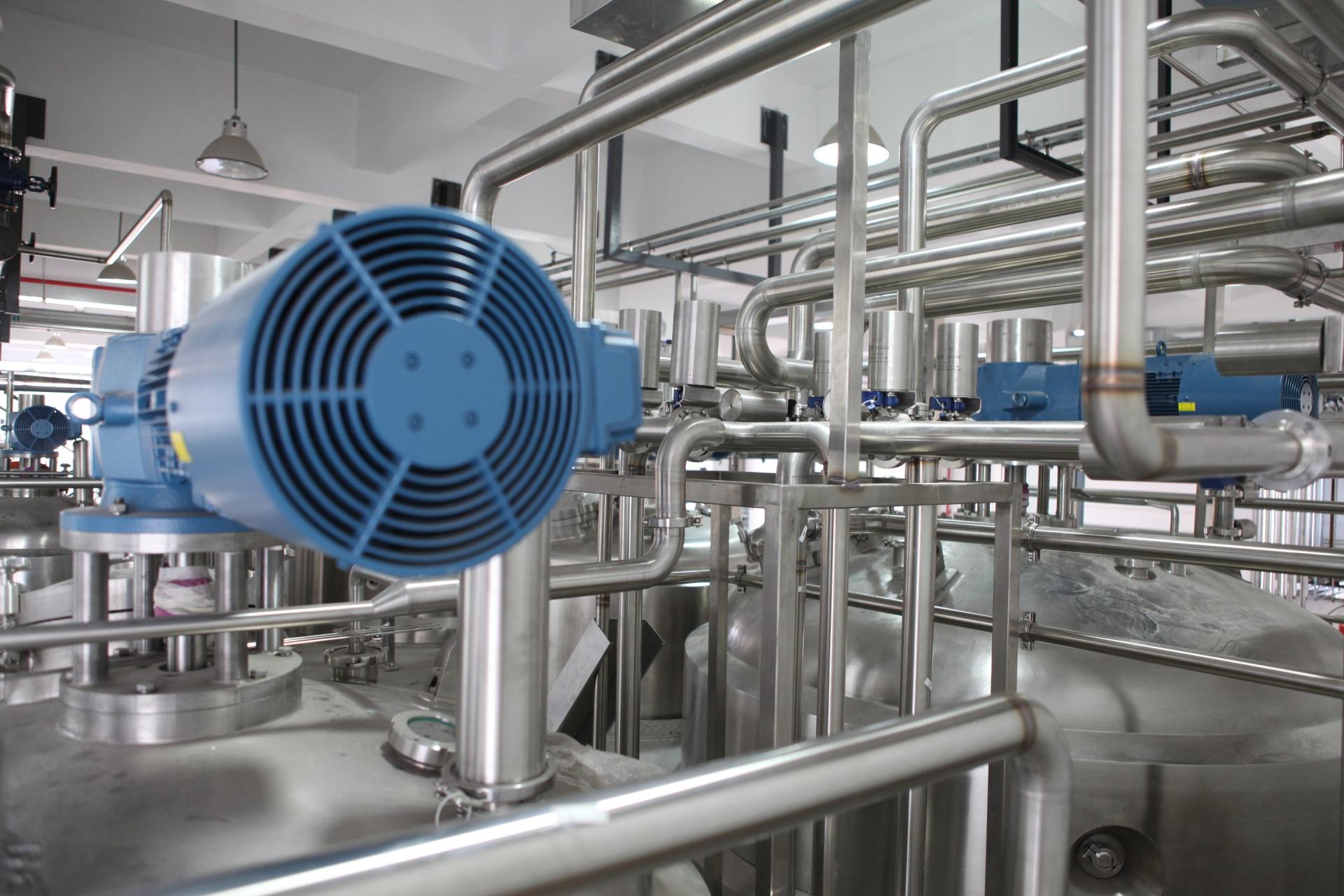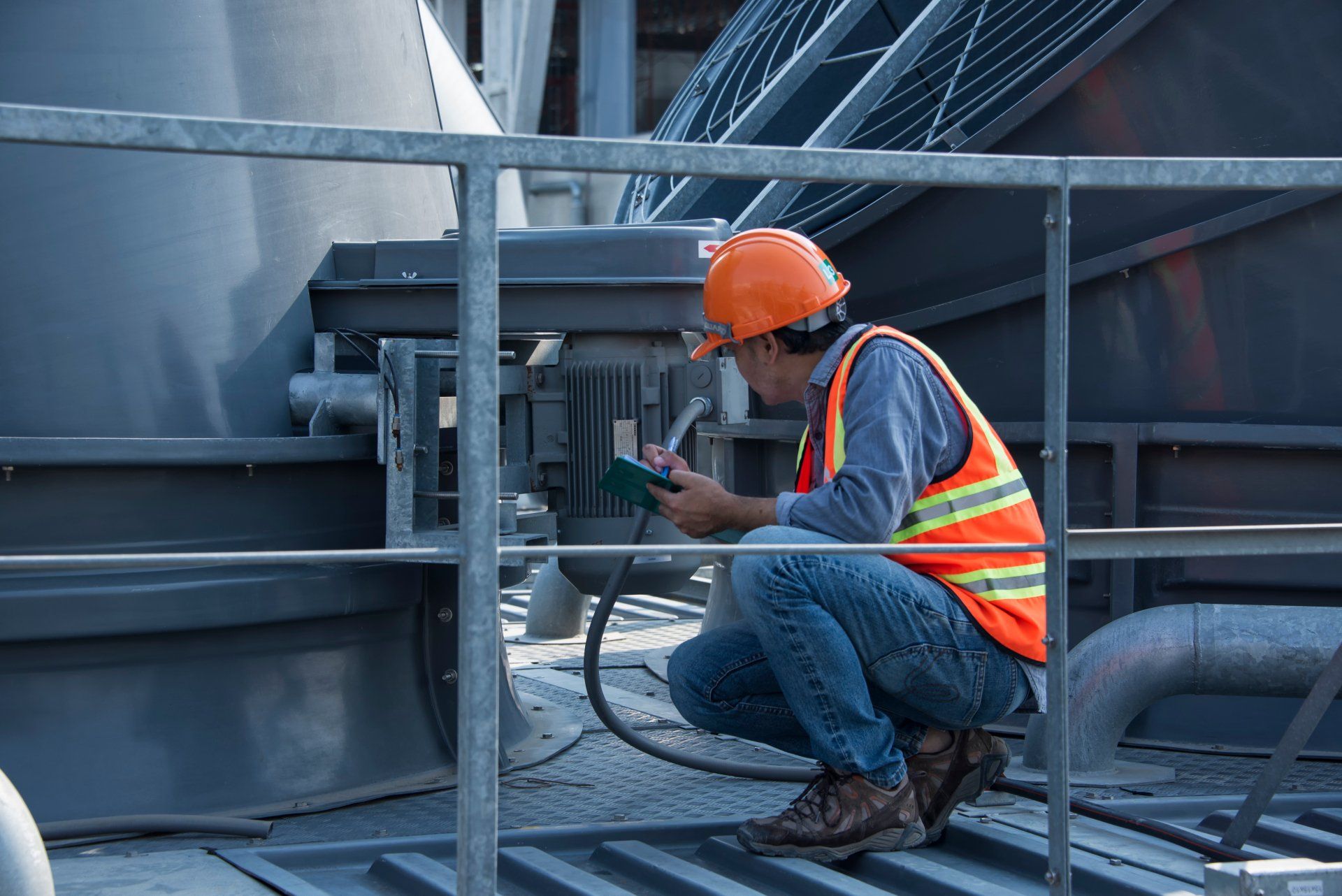4710-97 Street NW, Edmonton, AB
621 North Vickers St, Thunder Bay, ON
1185 Michener Road, Sarnia, Ontario, N7S 4B1
Eagle Eye Asset Integrity Inspections (AIM)
Regular inspection is critical to Asset Integrity Management (AIM). AIM describes the methods and techniques for managing assets from individual pressure vessels, to industrial complexes like power plants and refineries. The goal of these inspections is to ensure the assets ability to perform its function effectively, efficiently and safely.
Eagle Eye performs AIM North America wide industries like Oil and Gas, Mining, and Pulp and Paper. We specialize in asset integrity inspections for Tanks and Vessels.
Pressure Vessel Inspection (API-510)
What is a Pressure Vessel?
Pressure vessels are containers that are designed to contain gases or liquids at pressures significantly different from ambient pressure. They are used for Exploration and Production (E&P) services like storage, transportation, production, drilling and liquid petroleum treatment. Some of these vessels are reasonably small, like the propane tanks used as gas stations. Others are large enough to require rope access services to inspect.
API 510
Eagle Eye NDT Pressure Vessel Inspection services covers all in-service inspection. We also provide repair, alteration and replacement of parts and gauges. Our certified technicians have a broad knowledge of ASME boiler and pressure vessel code. They are able to safely identify and repair in-service damage.
Piping Inspection (API-570)
What is the difference between piping inspection and pipeline inspection?
There are several differences, which require different inspection techniques, as well as specialized training. Some of the differences are piping diameter, location (indoors vs outdoors), direct distance, (pipelines can be thousands of KMs long). There are additional techniques for the fittings, valves, heat exchangers and instruments.
Cost effective piping inspections are performed as part of comprehensive shutdown inspections, and well as regular maintenance and operational inspections. Eagle Eye has a wide range of certified expert technicians trained in accordance with ASME B31.1 and ASME B31.8. These professionals are able implement inspection and in-service welding procedures to keep processing plants running safely.
Pipeline Inspection
How does piping monitoring and inspection work?
Pipeline monitoring is done from a master control room, where any changes to regular operation are quickly detected. Remote sensors feed the information to the control room. Additionally visual inspection performed by pipeline inspectors during a patrol or a drone inspection can also detect potential issues. When this happens inspection and repair teams are dispatched.
Eagle Eye provides inspection and repair crews with the expertise needed to inspect both the outside and inside of a pipeline. Often used techniques include Ultrasonic Testing, Radiography and Magnetic Particle Testing. We also use in-line inspection tools that travel inside the pipeline to detect potential flaws and problems. Some problems that are detected are welds that have early signs of fractures, corrosion, pipeline thickness, voids, and metal loss.
Tank Inspection (API-653)
What above ground tank inspection services are available?
Eagle Eye NDT tank inspection personnel provide the broad knowledge base required for tank inspections. We also supervise or perform repair services of aboveground storage tanks and tank floors. Our API-653 CWB certified welders will inspect, repair, alter and reconstruct tanks so they are compliant with regulation requirements.
Using any and all required techniques, examinations and repairs are performed on all aspects of the storage tanks. Services include bottom plate thickness and calculation for corrosion averaging, metal loss, and remaining life. Using rope access services we examine welds, shell pitting, and perform impact testing. Our technicians are certified to perform end to end, top to bottom, ground storage tank inspection and repairs.
Fitness For Service (API-579)
What is fitness for service?
In addition to regular inspection, equipment needs to be examined for fitness for service when adverse events happen to it. There are many types of events or damage mechanisms that can require a new inspection. This happens when equipment has been operated outside of normal conditions than what it is designed for. Inspection is also required when it has been overloaded, or been subject to fire damage or impact damage.
Fitness for service assessment techniques are applied to evaluate the structural and equipment mechanical Integrity. The results include an estimate of remaining life. Eagle Eye NDT inspections for fitness for service will cost effectively tell you your options. These options include future service requirements and changed inspection intervals.
We examine for metal loss, laminations, cracking or blisters. Also examined are distortions such as out of roundness, misalignments, dents or bulges. All options for the equipment's future service are considered.
Options include continued operation as is, repair, re-rate equipment limitations, alter equipment service parameters or retirement.
Risk Based Inspections (API-580)
What is Risk Based Inspection (RBI)?
Risk based inspection is a probability analysis procedure. In simple terms, it answers a question. What are the chances and consequences of failure of equipment due to any form of structural degradation? There is a vast body of knowledge regarding specific regulations and equipment in RBI.
The consequences of failure are used in determining the correct course of action and required inspection intervals.
Starting with consultancy, Eagle Eye answers all questions related to an RBI inspection and maintenance. After the initial consultation we move onto the next steps. Assessment, where history and status, remaining life and fitness for service are some of the items reviewed.
Next is determination and development of the appropriate adequate inspection intervals. We also set up maintenance programs based on regulatory criteria and budget. We then help you implement a custom RBI program for your company, and assist in any training required for your organization.
621 North Vickers St, Thunder Bay, ON
P7C 4B9
1185 Michener Road,
Sarnia, Ontario, N7S 4B1
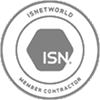
Slide title
Write your caption hereButton
Slide title
Write your caption hereButton
Slide title
Write your caption hereButton
Slide title
Write your caption hereButton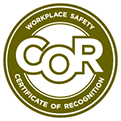
Slide title
Write your caption hereButton
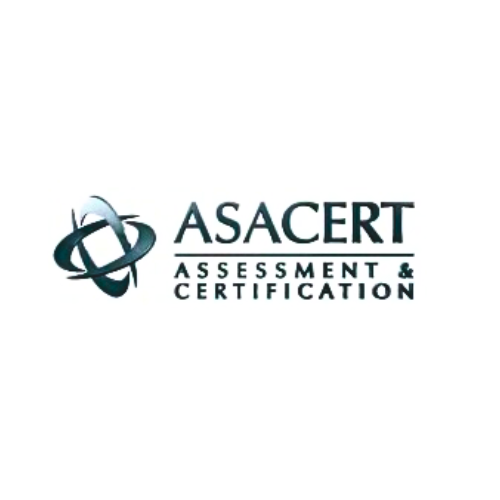
Slide title
Write your caption hereButton
©2021 Copyright | All Rights Reserved | Eagle Eye NDT
